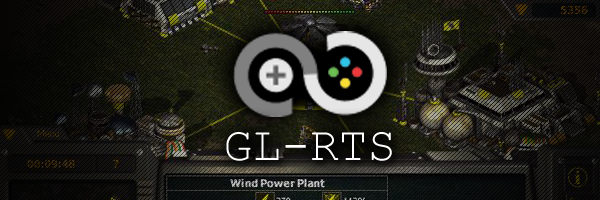A UDP networking library for games made in GameLoop! It offers multiple abstraction levels, starting from low-level simple UDP wrapper up to higher-level ones.
// Spin up a socket listener. It listens for datagrams from any network address, on the specified port.
var peer = new NetworkSocket(memoryPool);
peer.Bind(new IPEndPoint(IPAddress.Any, port));// Send data. It sends data to the specified network address and port.
peer.SendTo(new IPEndPoint(IPAddress.Loopback, port));// Polling for data. It fetches a message from the receiving queue, if any. If nothing has been received, it just returns "false".
while(peer.Poll(out NetworkArrivedData message))
{
var addressFrom = message.EndPoint;
var receivedData = message.Data
// Execute your logic on received data.
}The library does not allocates memory directly. Instead it delegates this responsability to two interfaces: IMemoryPool and IMemoryAllocator. By implementing these interfaces, you can manipulate how memory is allocated and managed in your application. The library contains a trivial allocator and a trivial pool you can use to prototype quickly.
var memoryAllocator = new SimpleManagedAllocator();
var memoryPool = new SimpleMemoryPool(memoryAllocator);The library includes some convenient structures to work with buffers, to help the user to write/read to/from them.
// Reading from a buffer.
byte[] buffer = message.Data;
var reader = default(NetworkReader);
reader.Initialize(ref buffer);
int myInt = reader.ReadInt();
long myLong = reader.ReadLong();
float myFloat = reader.ReadFloat();
string myString = reader.ReadString();
// etc// Writing to a buffer.
var writer = default(NetworkWriter);
// 1) You can manually manage the buffer:
/* 1) */ byte[] buffer = memoryPool.Rent(size);
/* 1) */ writer.Initialize(ref buffer);
// NOTE: in this way the writer will NOT expand the buffer if a Write call requires more space.
// OR
// 2) You can let the writer to manage internally the buffer:
/* 2) */ writer.Initialize(memoryPool, initialSize);
// NOTE: this will automatically expand the buffer if a Write call requires more space.
// OR
// 3) You can pass a buffer to copy its initial state, but let the writer to manage its own buffer internally:
/* 3) */ byte[] initialState = memoryPool.Rent(size);
/* 3) */ writer.Initialize(memoryPool, ref initialState);
// NOTE: this will automatically expand the buffer if a Write call requires more space.
writer.Write(12);
writer.Write(24f);
writer.Write("36");
// etc